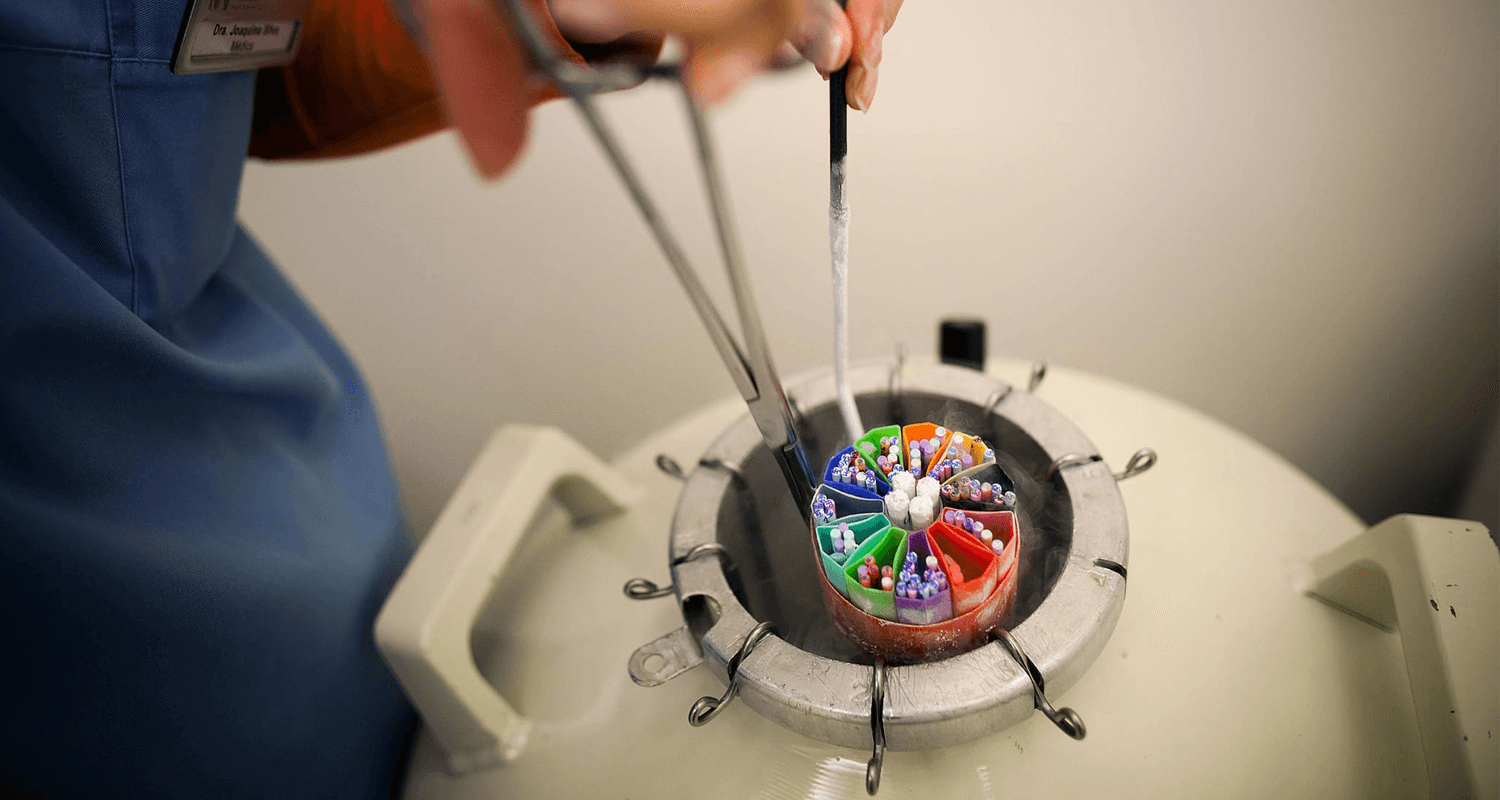
CETI team featured in Público newspaper
Porto duo wins international award in Reproductive Medicine, is the headline of the news published today in Jornal Público. Read this news that fills the entire CETI team with pride.
Porto researchers Henrique Almeida and João Luís Silva Carvalho today became the first Portuguese to receive the “Grant For Fertility Innovation” award, which awards one million euros to innovative projects in reproductive medicine.
Henrique Almeida and João Luís Silva Carvalho are researchers at the Faculty of Medicine of Porto and the Center for Infertility Studies and Treatment (CETI) and were distinguished for a project that reveals new mechanisms to increase reproduction rates in infertile couples.
“Having received this award is a source of pride for us and a source of prestige for the Faculty of Medicine of Porto, CETI and the country. It is an exceptional distinction”, said Professor João Luís Silva Carvalho, one of the award recipients.
“It will allow us to have the necessary resources to continue developing a research project in which we are very committed and which, in the future, could bring great benefits to the treatment of many infertile couples”, he added, referring to the one million euro grant associated with the prize.
The work of the two researchers helps to improve the functional quality of oocytes (female reproductive cells) and thus distinguish those that can give rise to good quality embryos, i.e. those that can lead to pregnancies. Currently, oocytes are selected solely according to morphological criteria (which do not take into account the functional capacity of these cells), a fact that has contributed to the unsatisfactory success rates of fertility treatments.
The quality of the oocyte is crucial for the success rates of infertility treatments. However, these remain unsatisfactory, with the European average standing at 30 percent pregnancy and 20 percent birth.
The Merck Serono Grant For Fertility Innovation (GFI) was launched at the 25th ESHRE Annual Meeting in June 2009 with the aim of advancing science and medical research in the field of fertility.
